5 Easy Ways To Speed Up Your Home PC
Have you noticed your computer is getting slower? Do you have to wait extended periods of time for it to open a program, file or the internet? You may want to follow these five easy ways to speed up your computer, all of which you can do on your own without calling in a computer wizard.
Delete Cookies
Cookies are files collected by sites when you visit them online, these are stored to speed up browsing should you visit the site again, but they take up unnecessary space and can slow down your machine.
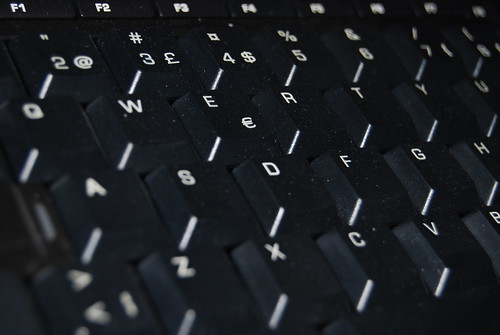
image source
Open your internet browser and choose the tools tab, from here you can delete cookies by ticking the box and then continuing. Once the cookies are removed you may find your computer starts to speed up.
Defragmentation
If you have deleted the cookies and your computer remains sluggish, it’s a good idea to defrag your computer. Every file you save, program you add or information you add is stored on your computer, sometimes it leaves gaps which are wasted space which you could utilize, the more you have on your computer the slower it is going to be.
Start by ensuring all your information, files, photographs and documents are backed up to another device or storage such as a CD before you start. Ensure all your programs are closed and then click on the start button.
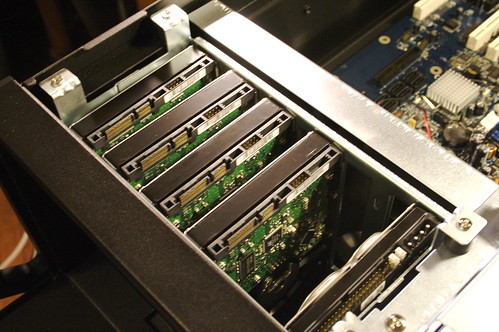
image source
Under programs and accessories you will find the system tools and it’s in here you will find disk defragmentation. The defrag does take time so ensure your computer is linked to a reliable power source and then just leave it for a few hours to do its thing.
Empty Internet Temporary Folders
Are you still struggling with a sluggish computer after following the above tips? Then it’s time to delete all your temporary folders. Every time you browse the internet the computer collects files which are stored, this takes up valuable space.
Open your internet browser and click on the tools icon, then tick delete browsing history and continue. This will remove all the temporary internet files from an Internet Explorer.
If you are using Mozilla Firefox you will want to clear recent history from your tools button in order to remove any temporary internet files.
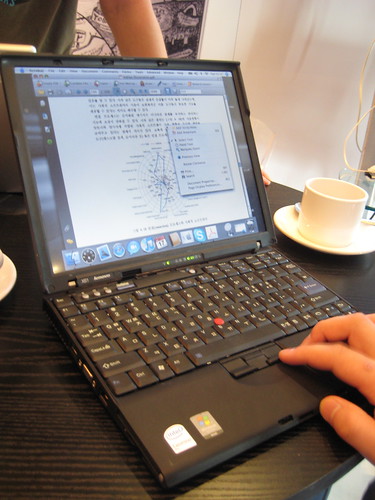
image source
Uninstall Programs
You probably have added quite a few programs onto your computer and many of them you never use. If you are struggling with a slow PC, now is the time to start cleaning up.
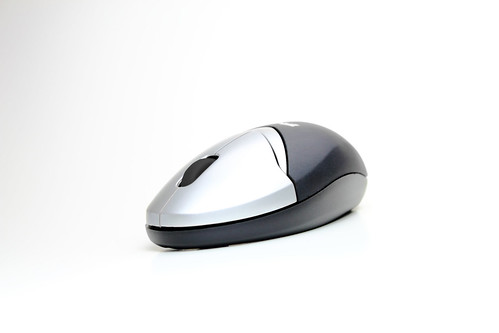
image source
If you go to your start button and then select programs, you will find the control panel icon. Choose programs and features and you will be welcomed with a full list of all the programs you have saved on your computer. From here you can uninstall any unwanted programs and ones you have never used, freeing up space and speeding up your computer.
Adding Memory
If everything has failed and your computer is still slow, it may be a case that you need more memory. This has been left until the last option, as it is the hardest to do out of the five options. Some people prefer to take their computers to a computer support shop to have this carried out, but you can do it on your own if you prefer.
Memory can be purchased from any computer store, be sure you know the maximum memory your computer can handle and what is already in your machine. Once you have the memory you will need to turn off your machine and disconnect all the cables.
Open the case and you will find memory slots, these have locking clips with a groove in them, and they are really easy to spot. Push the memory down the groove until it’s firmly in the slot, luckily the way it’s designed you cannot get them in the wrong way around. Once you have connected the cable you can reconnect your computer, it’s a good idea to keep the case open until you know it’s all running smoothly.
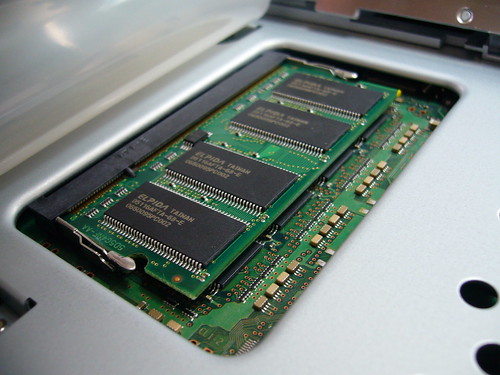
image source
This article was written by Jenny B within the technical department at Cancer Research UK, if you’re looking for charity jobs feel free to look online at their charity and fundraising jobs.










Comments